When Nani Moretti turns his gaze to his most personal universe, as in A Brighter Tomorrow (Il sol de l’avvenire), premiered at the 76th Cannes Film Festival, autofiction unfolds unabashedly. Although we may consider the result to be more or less successful depending on the case, this exhibition of paranoia, fears, and staunch philias, not exempt from self-parody, projects an automatic force of attraction. Our Mediterranean Woody Allen has gone through political militancy, has been seduced by the intellectual romanticism of the boomers, and has found in cinema a reason not to abandon any battlefield or allow himself to be overcome by nostalgia.
In A Brighter Tomorrow, Moretti plays Giovanni, a film director who is unaware that he is experiencing a marital crisis with Paola (Margherita Buy), while at the same time struggling with his new project and, above all, with his struggles to cope personally with the inexorable changes in the world around him. In his team, the actors ignore Italy’s recent history and rebel against the script, his daughter falls in love with the Polish ambassador, who could be her grandfather, and he is unable to tolerate the lack of inspiration of another young director, whose film Paola produces.
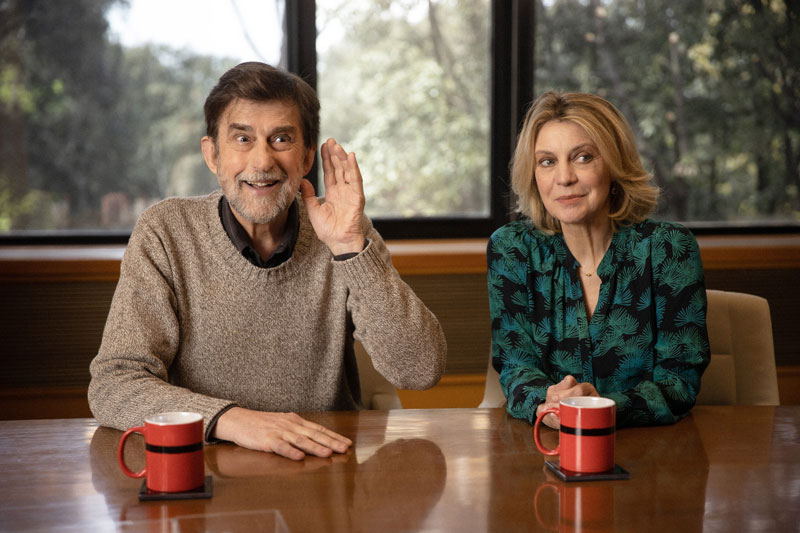
Tolerance, adaptation and nostalgia are difficult elements to combine without frustration, which is why Moretti resorts to imagination – dreams and reveries – music and cinephilia, arguments of authority (very Woodyallenesque) such as Renzo Piano‘s, and above all he shows a lightness that makes sterile bitterness, pedantry or intellectual superiority impossible. In the second fiction, which is the film shot by Giovanni, a Hungarian circus troupe led by its director (Zsolt Anger) is invited by the PCI, just as the USSR invades their country. In 1956, this unleashes a crisis that shakes the foundations of communism outside the USSR, a crisis of conscience and militancy, embodied in the film by two local leaders, Vera (Barbora Bobulova) and Ennio (Silvio Orlando), editor of L’Unità. While she takes the side of the Hungarian revolutionaries, he supports the line of Palmiro Togliatti, but Moretti/Giovanni, throughout the film, accepts the evolution of his characters, their emotional journey, even changing the front pages of the newspaper and including the orthodox secretary general of the PCI in its rewriting.
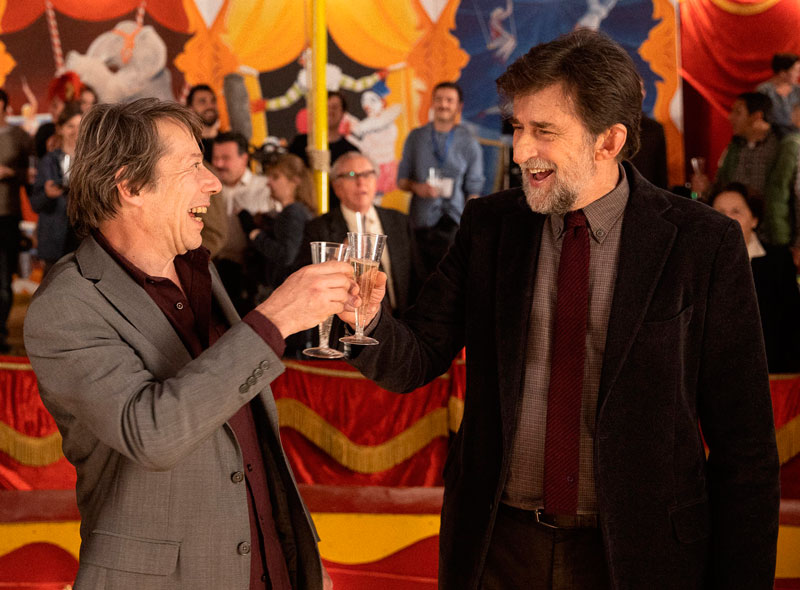
The territory, the neighbourhoods of his beloved Rome, which in Caro Diario (1993) he travelled through on a vespa and in A Brighter Tomorrow he crosses on a night tour on a scooter (making endless laps of Piazza Mazzini), are linked to Moretti’s cinema, the streets and buildings are always there, as guardians and guarantors, as Giovanni says to Pierre, he is always looking for a scene to shoot in the neighbourhoods he loves… even if at the end of the film we see that the buildings in his film are props. In a world that is collapsing, changing, drifting, where substance is replaced by patina, the elements of memory and the relics present, where we can anchor ourselves, become more important. Moretti is a survivor, a being often bewildered in a society that simplifies itself, that moves through shortcuts, and whose translation to the audiovisual field has its perfect correlation with the contents (they are no longer called films) of the big platforms.
Thus, after problems with his French producer Pierre, played by Mathieu Amalric, a buffoonish character from the lineage of the likeable scoundrels, Giovanni has to interrupt filming for lack of financing and turns to Netflix, giving rise to the film’s most hilarious scene. The tremendous verisimilitude of the scene with such meetings, where the demands of a type of production adapted to the universal pattern of the average viewer are revealed unambiguously, and where the role of the scriptwriter could perfectly well be played by a ChatGPT, is a painful reality for filmmakers who still live, at least in their heads, in a world of creative freedom.
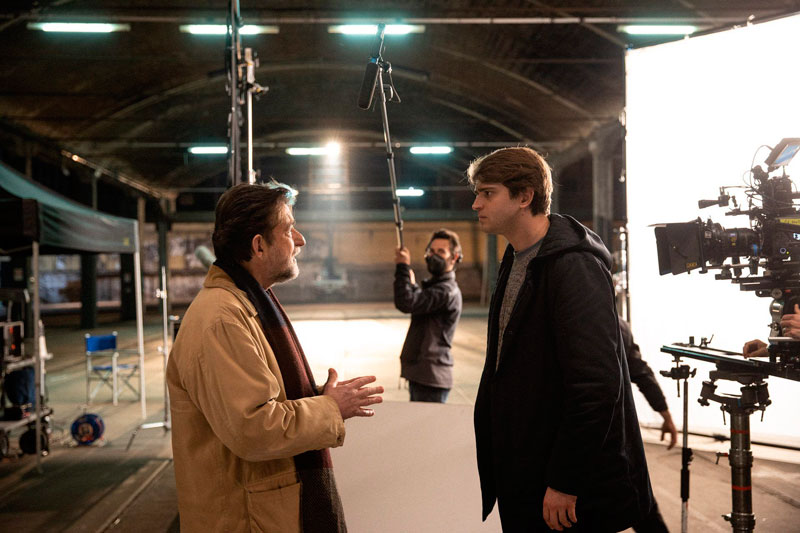
Giovanni lives cinema obsessively, refuses to accept its futility, and at another point in the film, this trait will serve to portray that personality which, as his daughter says, keeps those around him on edge. When he goes to pick up Paola from the other shoot where she works, he rebels against the insubstantial sequence being filmed, which will be just the last one. Contrary to everyone’s desire to go home, Giovanni discusses the scene with the film’s director (who is brimming with gratuitous violence) and tries to make him see that the way he is going to shoot an execution is absolutely meaningless. Moretti stretches this part until dawn, to the point of exhaustion, but also by instigating the viewer in a very extended tour de force, which acquires a painful counterpoint value, on the one hand in its pathetic stubbornness and the forced patience of the crew, and on the other as the final trigger for his wife’s decision. Giovanni goes so far as to leave a message on Scorsese’s answering machine, hoping it will help him explain to the limited director why his staging is a complete mistake.
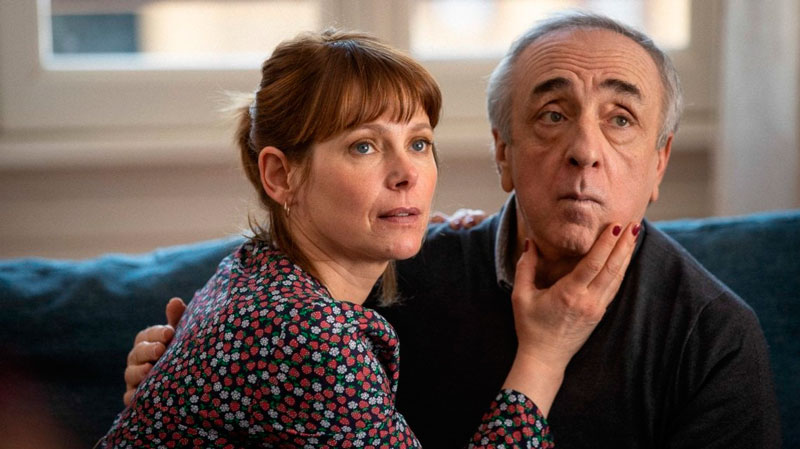
Miraculously, Giovanni gets his funding and finishes the film. Along the way, his fearsome stubbornness and intolerance have softened, the power of fiction has changed history (starting with a portrait of Stalin and Lenin), and that of militancy has overcome the stultifying apparatus. In the end, love has won its place in the family and in fiction, while music has punctuated and soaked the action in a festive, circus-like, Felliniesque climax, where banners, clowns, workers, leaders, friends and collaborators of Giovanni and Moretti, familiar faces such as Alba Rohrwacher, merge in a sweeping parade. The brilliant ending of A Brighter Tomorrow is a massive demonstration of the healing capacity of cinema, of the will to permanence, of creative force. The Soviet invasion of Hungary can be questioned and history rewritten, between buildings of truth or lies. Humour and irony prevent Moretti from becoming a grinch or a preacher, he shows us that we will always have music and films, and that the songs of Joe Dassin or the inevitable Franco Battiato have also made the world a better place.

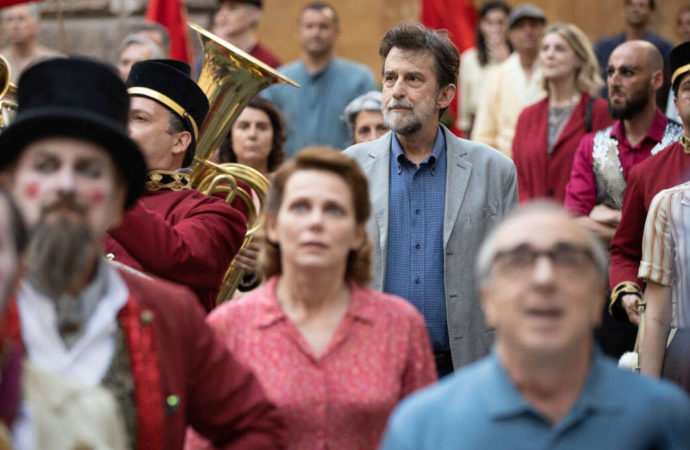

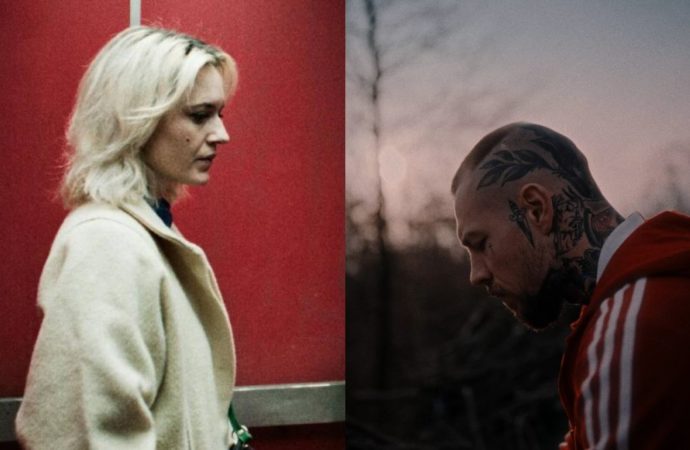
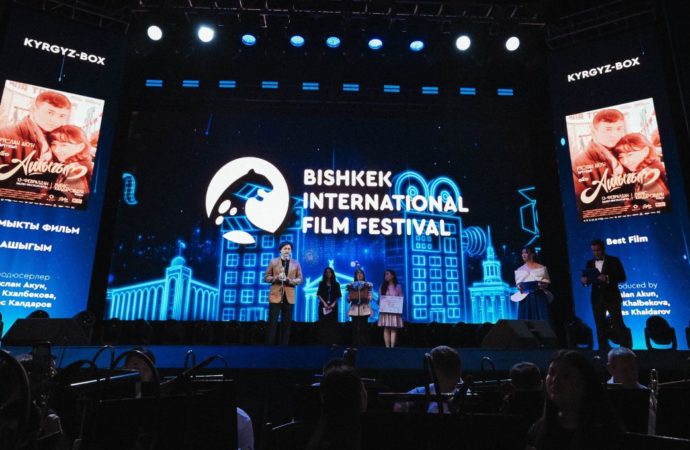

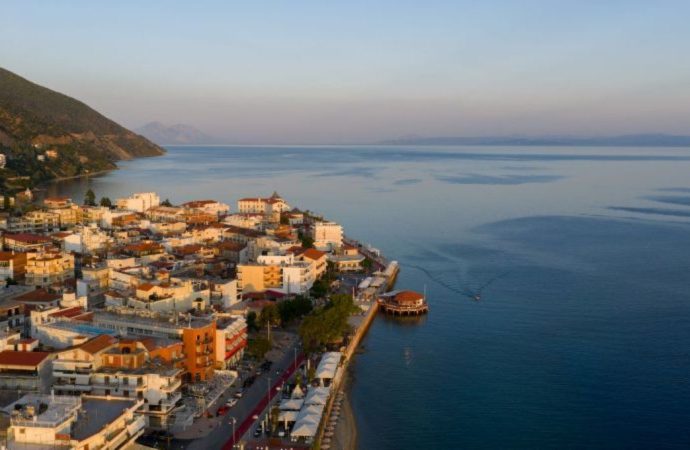
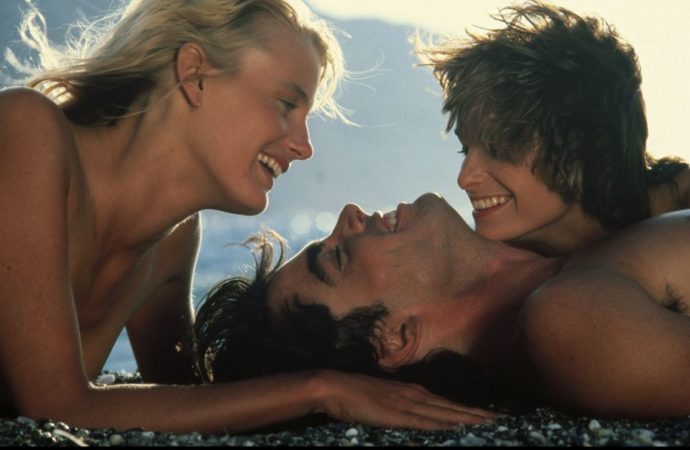

No one has posted any comments yet. Be the first person!